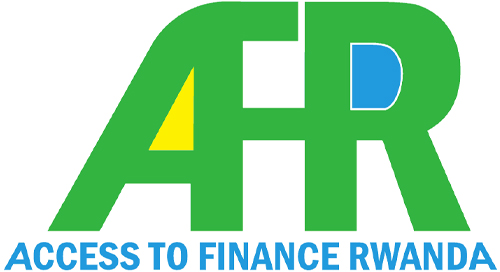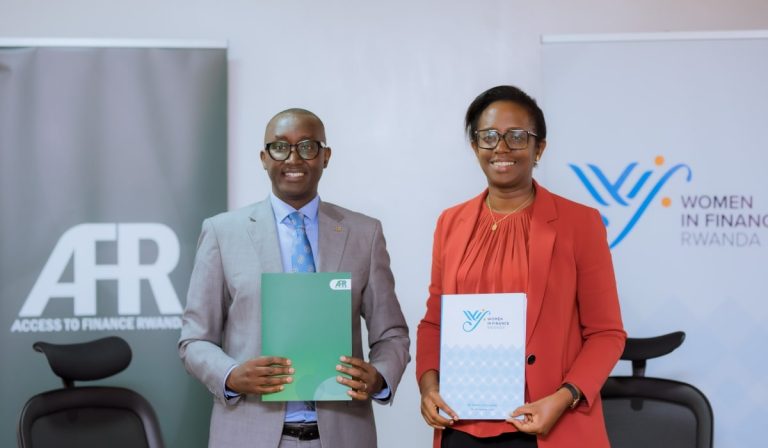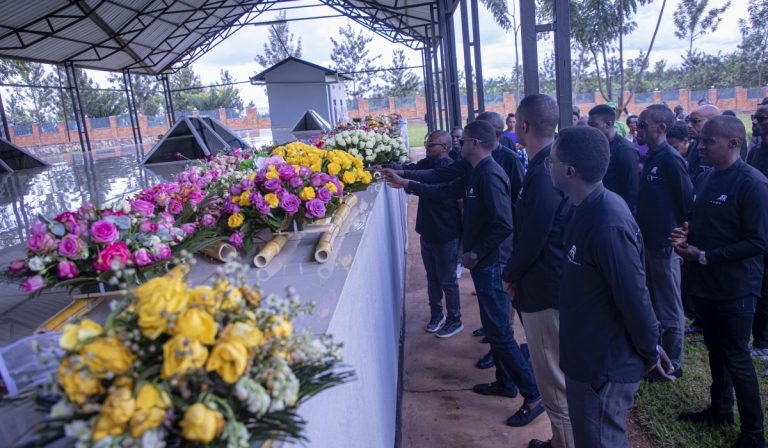
iHuzo Project
Accelerating Growth of MSMEs through Expanding the E-Commerce sector in Rwanda
Project Achievements
(38% female-owned and 58% youth-owned) Onboarded onto digital commerce platforms.
0
MSMEs
(35% female and 95% youth) Onboarded into the e-commerce ecosystem in Rwanda.
0
iWorkers
(42% female-owned and 75% youth-owned) Equipped with digital commerce skills
0
MSME owners
(35% female and 96% youth) Trained in digital commerce skills
0
iWorkers
Accelerating Growth of MSMEs through Expanding the E-Commerce sector in Rwanda
Overview


